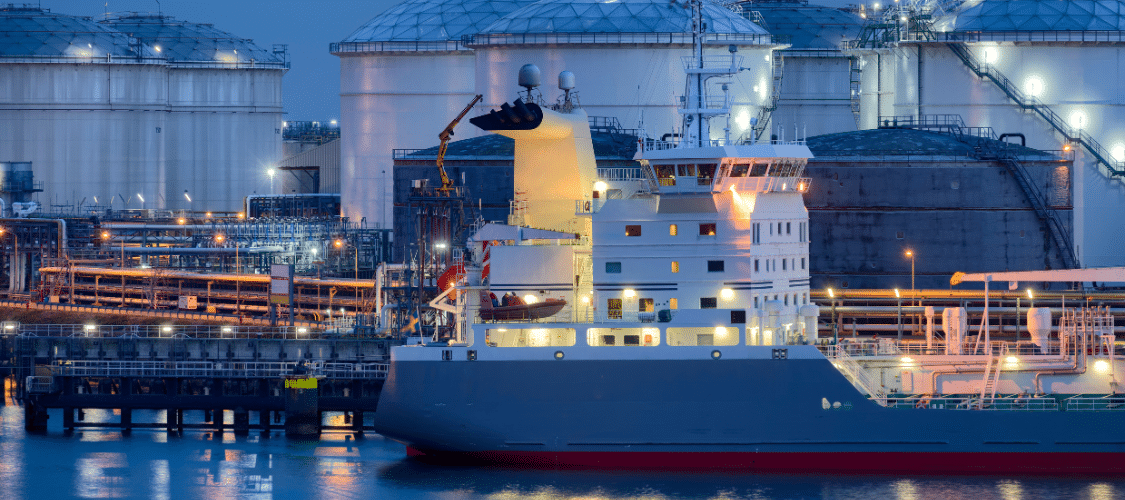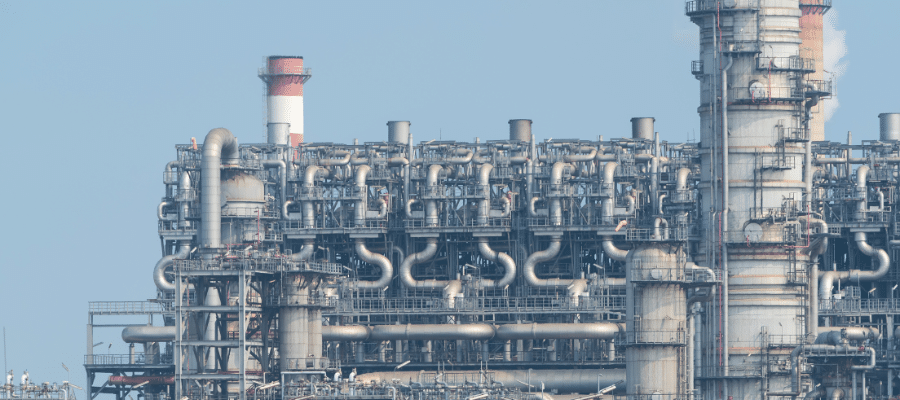Copublished with Friends of the Earth France
Paris, May 13th 2024 – Against climate science and their own commitments to limit warming to 1.5°C, major French banks provided US$67 billion for fossil fuel expansion between 2021 and 2023. This is revealed in the new edition of Banking on Climate Chaos published by eight organizations including Reclaim Finance, with support from Friends of the Earth France (1). While French banks reduced their financing to fossil fuel developers in 2023, Reclaim Finance and Friends of the Earth France call on BNP Paribas, Crédit Agricole, Société Générale, and BPCE to permanently cease all support for fossil fuel expansion and significantly increase their support for sustainable energy provision (2).
The 15th edition of the Banking On Climate Chaos report, which constitutes the largest and most comprehensive global analysis of fossil fuel financing, this year covers a broader scope of the sector by including the entire value chain (3).
It reveals that since the end of 2015, the 60 largest global banks have provided US$6.896 trillion to fossil fuels (4). U.S. banks remain at the top of the ranking with 31% of the financing provided to the sector, followed by Chinese banks (15%), Canadian banks (13%), and Japanese banks (11%). English and then French banks follow with 8% and 7% of fossil fuel financing since 2016, respectively.
While French banks have committed to achieving carbon neutrality by 2050 following a 1.5°C trajectory by joining the Glasgow Financial Alliance for Net Zero (GFANZ) in 2021, they provided US$67 billion for fossil fuel expansion between 2021 and 2023 (5). This support comes 99% from four banks: BNP Paribas (US$23.9 billion), Crédit Agricole (US$17 billion), Société Générale (US$15.6 billion), and Banque Populaire Caisse d’Epargne (BPCE – US$9.7 billion).
Although the four major French banks now appear to have limited exposure to the coal sector, they continue to heavily finance the oil and gas sector – with US$57.6 billion allocated to its expansion between 2021 and 2023 (6).
In the face of climate signals in the red, it is imperative to tackle the entire fossil fuel chain! The fact that banks continue to finance new fields or liquefied natural gas terminals is as catastrophic for the climate as it is indicative of the inadequacy of their sectoral policies. Banks must urgently cease financing the expansion of oil and gas and prioritize funding for sustainable energy sources for electricity production.
Lucie Pinson, Director at Reclaim Finance
The four French banks are particularly exposed to major public and private oil and gas companies (7) – including TotalEnergies, Eni, and Saudi Aramco – which they supported with over US$26.8 billion between 2021 and 2023, making France the second-largest country supporting these companies despite their fossil fuel expansion strategies.
In 2023, one notable development is the reduction in financing from French banks to these companies (8). While these companies requested less financing (9), they also generally stayed away from several transactions, especially in the second half of the year. This behavior contrasts with past financing, particularly for BNP Paribas, traditionally a leading bank behind these companies (10). The bank thus drops from 3rd place in 2021 to 9th place in 2023.
While the decrease in financing from BNP Paribas to major companies is welcomed, it must translate into a firm commitment to cease supporting any further expansion of oil and gas. Without such a policy, BNP Paribas remains entrenched in a logic of case-by-case decision-making, rather than having the courage of a genuine climate strategy. This leaves the door open to new transactions that are toxic and contradictory to its own promises, as evidenced by its financing of Eni in 2023 (11).
Lorette Philippot, campaigner at Friends of the Earth France
While BPCE can still finance new gas fields, unlike the other major French banks, none of them have committed to no longer directly financing new liquefied natural gas (LNG) terminals. In fact, between 2021 and 2023, Crédit Agricole and BPCE even increased their financing for LNG expansion by 40% and 41% respectively (12).
However, it is even more concerning regarding financing to companies, which represent almost all of the financial support to the sector, that policies are lacking. Despite the specificities of each bank (13), they all converge on one point: French banks can still support integrated companies that, like majors, are active throughout the value chain – even if they are developing new projects for production and transportation in fossil fuels.



